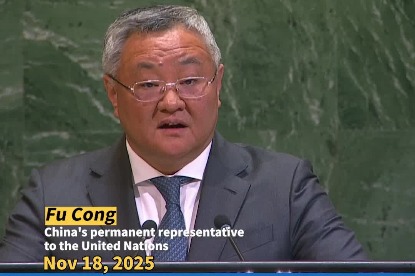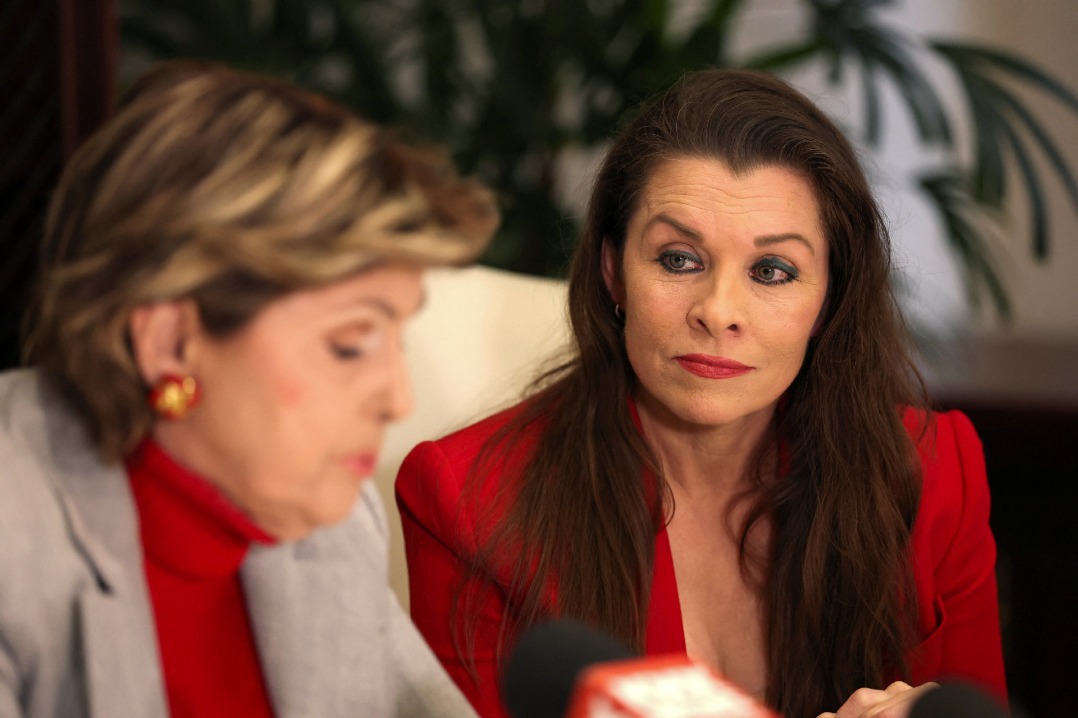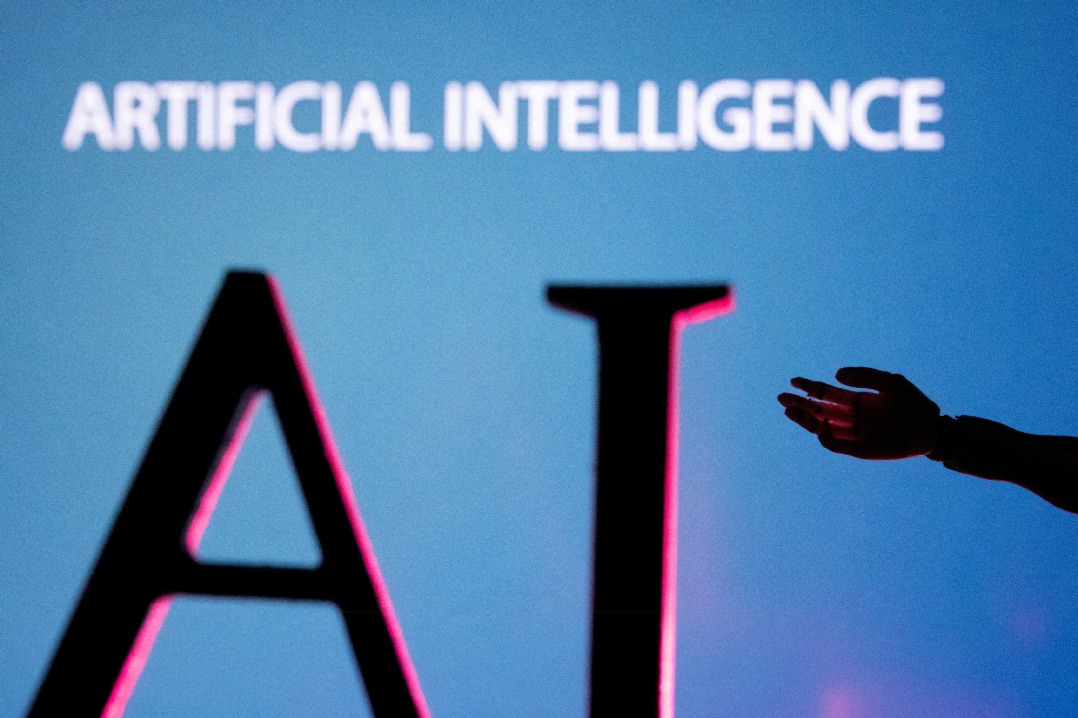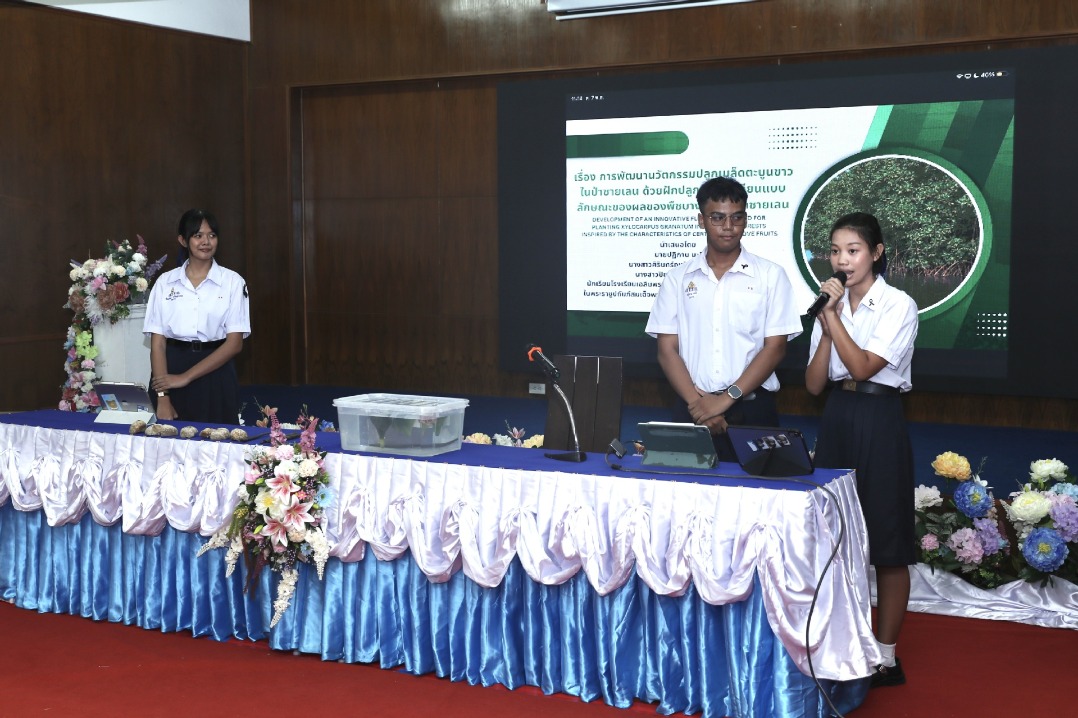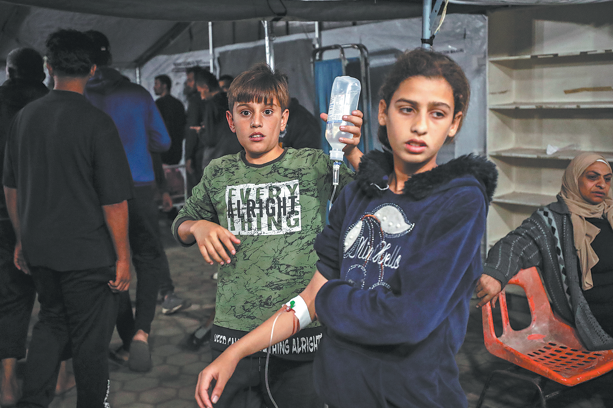Media leaders call for stronger international cooperation

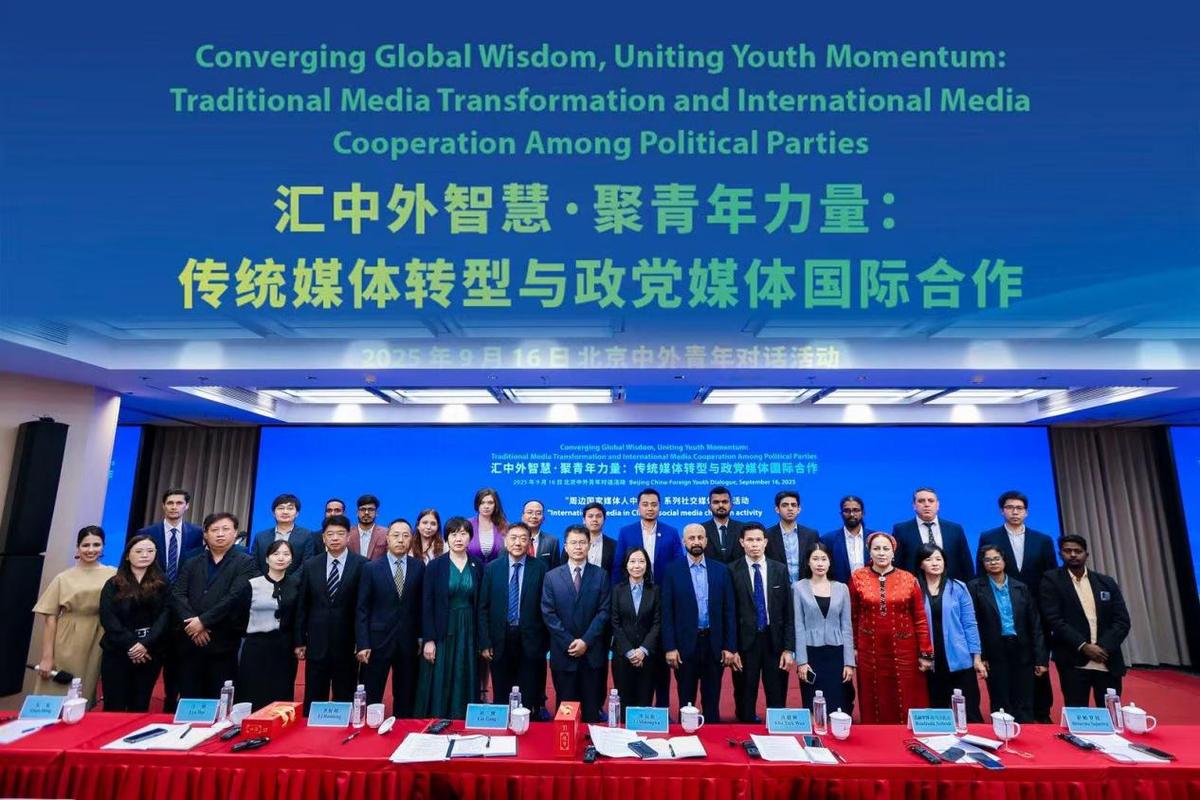
Amid rapid technological change and shifting global communication patterns, media representatives from China and abroad called for stronger international cooperation on Tuesday. The group stressed that the creativity and vision of young professionals are vital to driving the transformation of traditional media and building a more inclusive global media landscape.
A dialogue themed "Converging Global Wisdom, Uniting Youth Momentum: Traditional Media Transformation and International Media Cooperation among Political Parties", brought together experts and media leaders to exchange views on the transformation of traditional media, the impact of digital disruption, and opportunities for cross-border collaboration.
Li Shuangwu, executive director and editor-in-chief of the Contemporary World Press, said the dialogue reflects a shared vision. With rapid advances in technology and sweeping changes in global communication, he said, media remain indispensable as channels of information, bridges of cultural exchange, and shapers of public opinion.
Traditional outlets, he stressed, must find ways to adapt, overcome differences and pursue innovative cooperation — efforts that demand both fresh ideas and the active participation of young people.
Sengthong Phasavath, deputy director-general of the Lao News Agency, identified three pressing challenges for traditional media: digital disruption, disinformation, and limited resources.
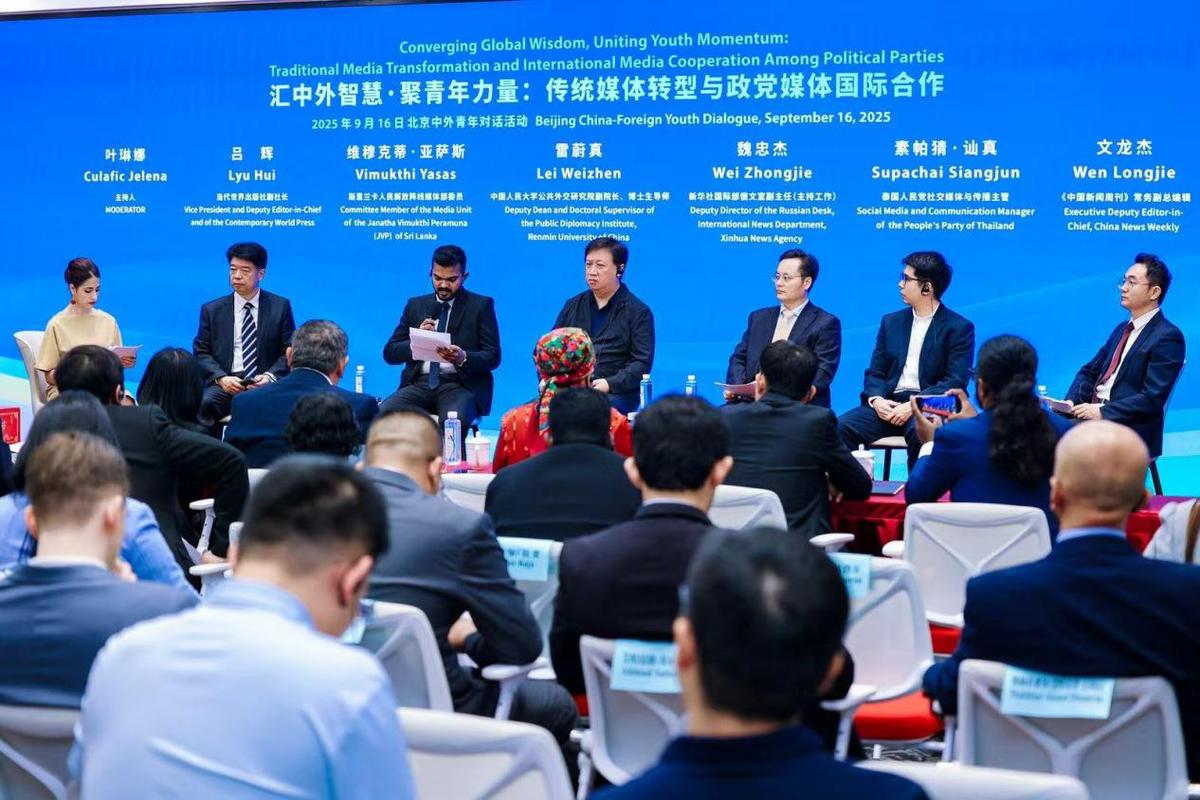
No single country can overcome these obstacles alone, he said. Stronger media cooperation is essential for sharing expertise on digital transformation, jointly training journalists, and amplifying voices that reflect shared values and development achievements on the global stage.
Vimukthi Yasas, committee member of the Media Unit of the Janatha Vimukthi Peramuna of Sri Lanka, noted that both information dissemination and storytelling are undergoing a profound change. Differences in media systems, he argued, should not be seen as barriers, but as opportunities for collaboration.
"Differences should not mean division; they can open up opportunities," he said, calling on media to respect diversity, foster dialogue and friendship, and uphold people-centered values to ensure cooperation benefits all nations and peoples.
Wei Zhongjie, a media representative from Xinhua News Agency, said that strengthening cooperation between Chinese and international media requires a strong focus on talent development.
Wei stressed the importance of promoting exchanges and mutual visits among media professionals — especially young journalists — through joint training and practical programs. Such initiatives, he noted, should not only facilitate skills development but also foster the sharing of ideas, mutual understanding, and professional trust.
Liu Gang, director-general of Xinhua Institute, highlighted the need for cultural confidence and self-reliance as Global South countries pursue modernization.
With the Global South emerging as an increasingly important force in global progress, he said, media outlets and think tanks should unite young professionals to advance modernization and help steer the international order toward fairness and equity.
















